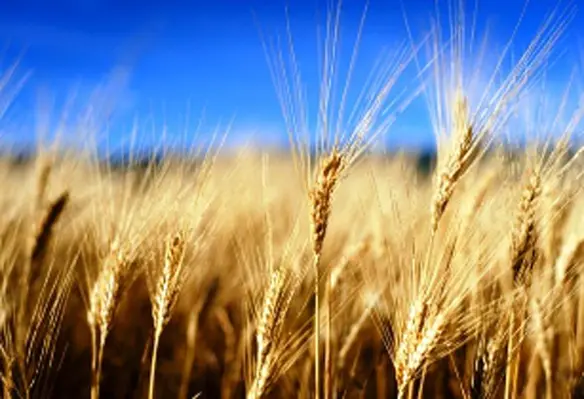Scientists in Australia have found genes that make wheat tolerant to boron, a chemical element which, when present in soils, damages the quality of grain crops
The genetic breakthrough, which will allow breeders to develop varieties tolerant to boron, will help wheat growers improve yields by up to 15 per cent, ABC Net reported.
Tim Sutton, researcher at the University of Adelaide, said that while breeders have tried to produce wheat varieties with boron tolerance before, they can now do so with 100 per cent accuracy.
“Most of our modern wheats do have sources of boron tolerance in them,” Dr Sutton said.
“But the breeders haven't known specifically what the basis for those sources of tolerance were. Now we can provide them with tools to select confidently, in their breeding programme, for a level of boron tolerance that they require.”
Dr Sutton added that boron toxic soils are widespread in southern grain growing regions, throughout the Eyre Peninsula, the Mallee regions in southern Australia, in Victoria and into the low rain fall regions of Western Australia. “We hope this is part of the puzzle that breeders can use to develop more specifically tailored wheat varieties for southern Australia.”




